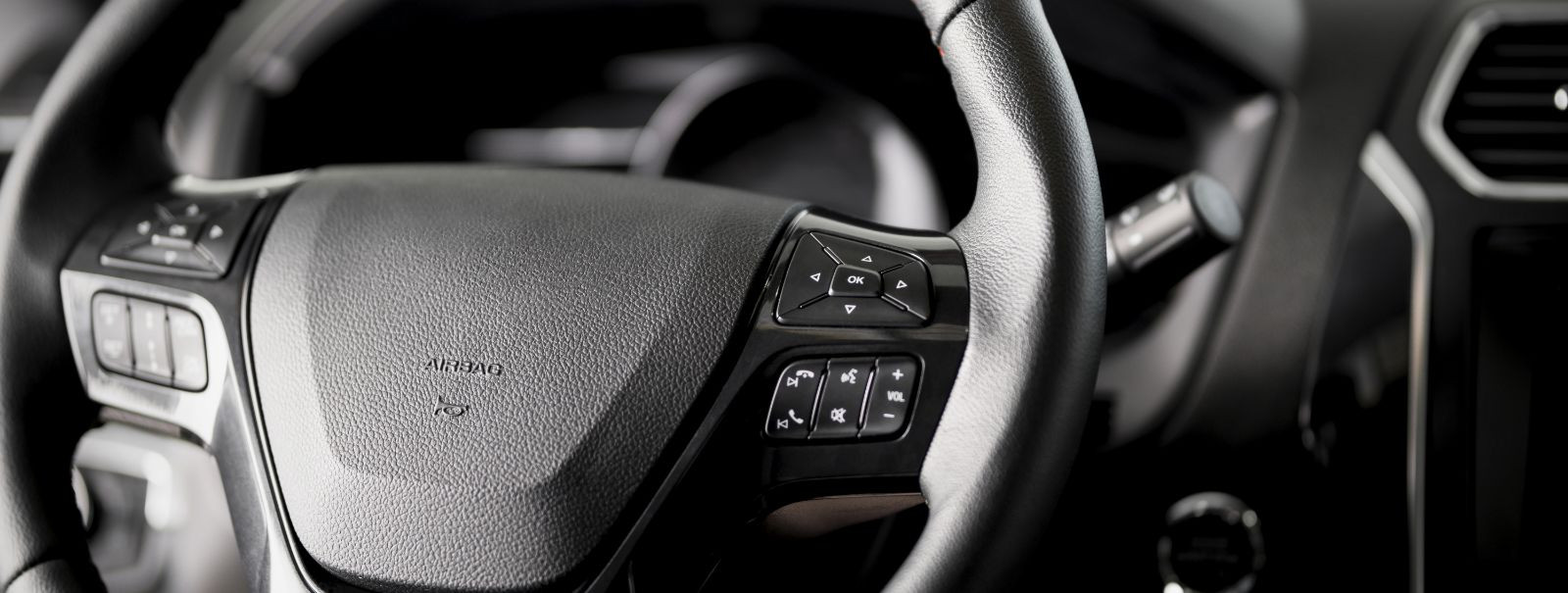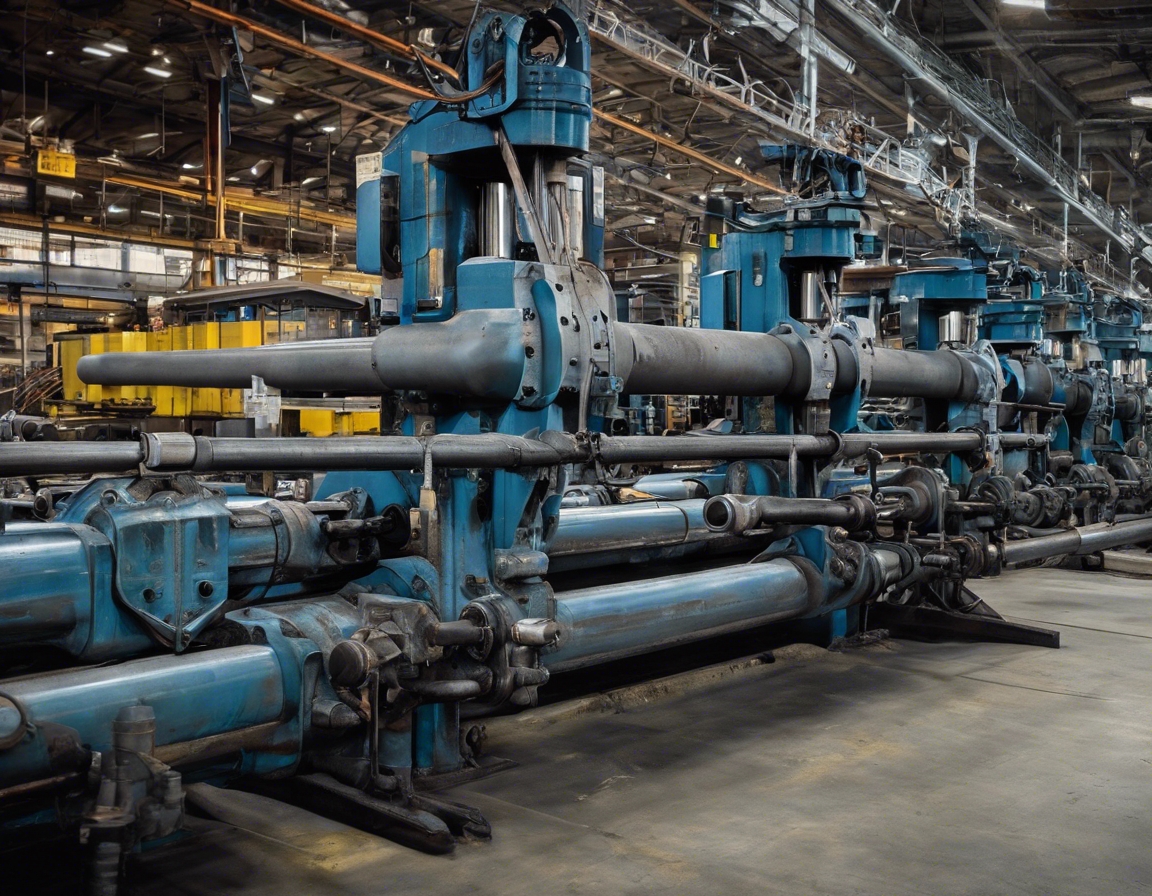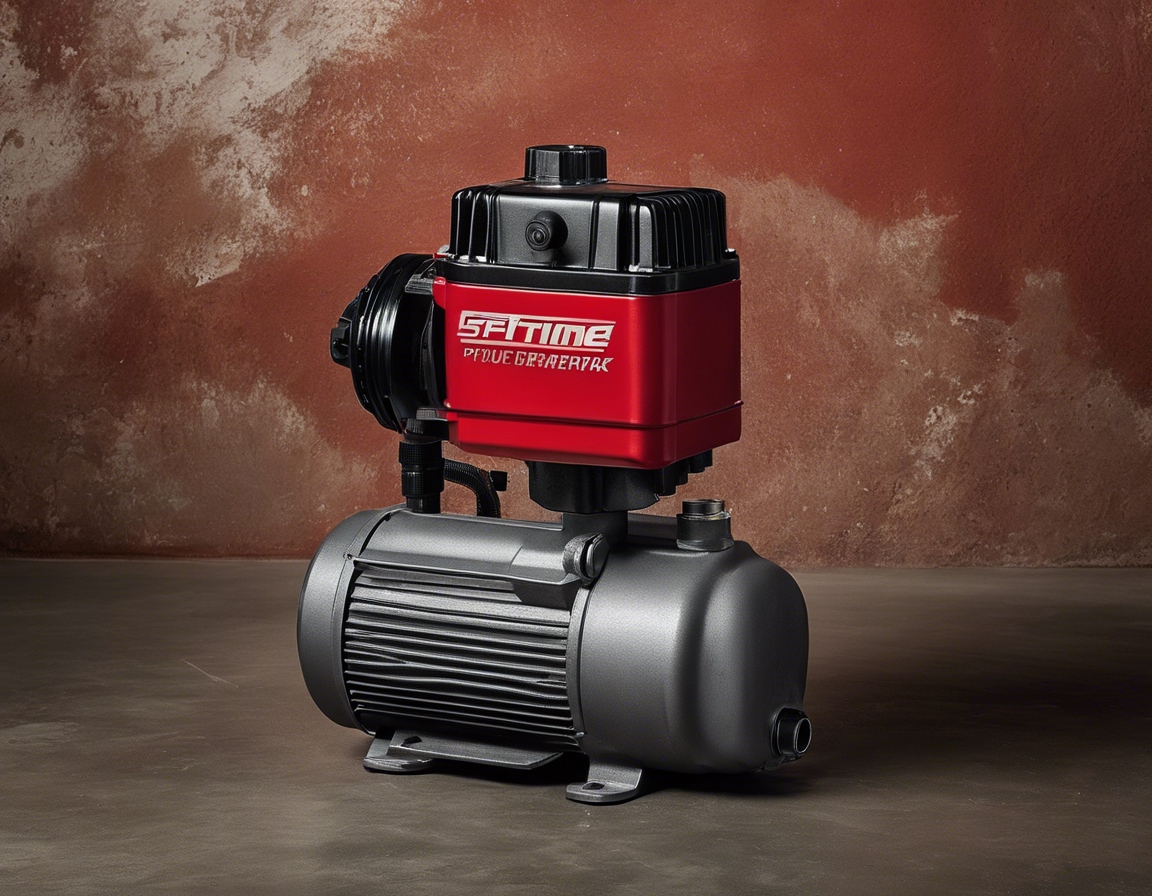Electric vs. hydraulic steering bars: what's best for your vehicle?
Steering bars, also known as steering systems, are a critical component of any vehicle, allowing drivers to control the direction of the car. The steering bar connects the steering wheel to the steering mechanism, translating the driver's input into movement of the wheels.
There are two main types of steering systems prevalent in the automotive industry: electric power steering (EPS) and hydraulic power steering (HPS). Each system has its unique characteristics, benefits, and drawbacks, which are important to consider when determining the best option for your vehicle.
Electric Steering Bars
Electric steering systems use an electric motor to assist the driver's steering efforts. Sensors detect the amount of force the driver is applying to the steering wheel and an onboard computer calculates the necessary assistance to be provided by the motor.
Electric steering systems are known for their energy efficiency, as they only consume power when steering assistance is needed. They are also typically lighter and require less maintenance than hydraulic systems.
One of the main disadvantages of electric steering is that it can sometimes provide a less tactile feedback compared to hydraulic systems. Additionally, if the electric system fails, steering can become significantly more difficult.
Electric steering is often best suited for smaller, lighter vehicles where efficiency and space-saving are priorities.
Hydraulic Steering Bars
Hydraulic steering systems utilize a pump to circulate fluid under pressure to assist in steering. The system is powered by the vehicle's engine and provides assistance based on the fluid pressure directed through the steering gear.
Hydraulic steering provides a high level of steering feel and feedback, which many drivers prefer. It is also generally more robust and can handle the heavier loads of larger vehicles.
The main drawbacks of hydraulic steering include its continuous drain on the engine, leading to lower fuel efficiency, and the need for regular maintenance to prevent leaks and other issues.
Hydraulic steering is typically recommended for larger, heavier vehicles that require more steering force and where the driver's feedback from the road is crucial.
Comparing Electric and Hydraulic Steering Bars
When it comes to performance, both systems have their merits. Electric steering is precise and can be easily adapted to different driving conditions, while hydraulic steering offers a more traditional steering feel that many drivers appreciate.
In terms of initial costs, electric steering systems can be more expensive due to their complex electronics. However, the lower maintenance costs and better fuel efficiency can offset this over time. Hydraulic systems, while cheaper upfront, may incur higher maintenance costs.
Electric steering systems generally require less maintenance than hydraulic systems, which need regular fluid changes and can develop leaks. However, hydraulic systems are often considered more durable in harsh driving conditions.
Electric steering systems are more environmentally friendly due to their better fuel efficiency and lack of hydraulic fluid, which can be a pollutant if it leaks.
Choosing the right steering system for your vehicle depends on a variety of factors including vehicle type, driving conditions, personal preference, and environmental considerations. It's important to weigh the pros and cons of each system in relation to your specific needs.






Comments (0)